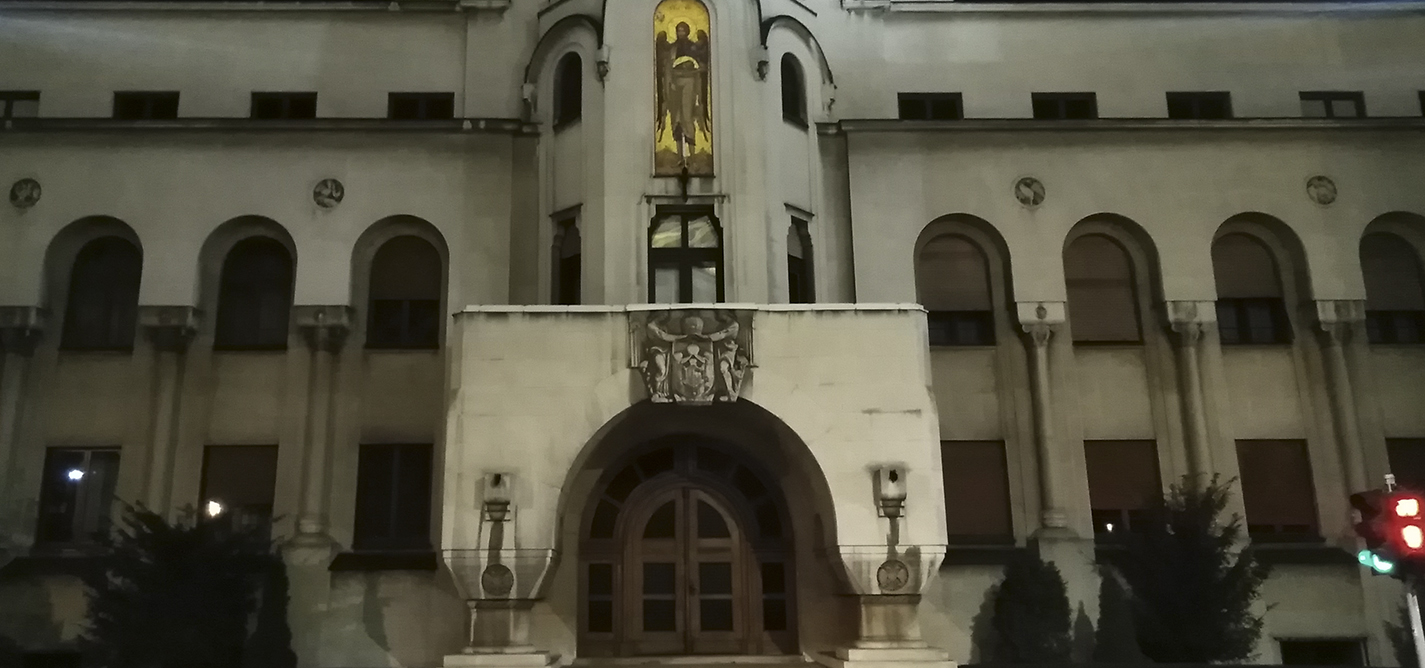
Sex abuse allegations against Orthodox Church
Victims kept waiting in search for truth and justice.
It was a game of predator and prey.
"The lives of some of them are totally devastated – a lifelong trauma. Neither SPC nor the state want to hear or do anything about this."
Saša Ivanišević, lawyer“The SPC didn’t invest in efforts to begin talking about the issue of pedophilia — they didn't even deny the existence of pedophilia.”
Bojan Jovanović
Dejan Kožul
Dejan Kožul is a journalist working for various media in Yugoslav space (Novosti, Lupiga, FTV, etc). For more than eight years he was the editor and anchor for the radio show KUPER which was broadcast on BH Radio, Radio Republika (Novi Sad), Radio Rojc (Pula), KLFM (Split), and Radio Apart (Beograd). He describes it as the territory with the most freedom and the ability to broadcast because there are no taboos.
This story was originally written in Serbian.